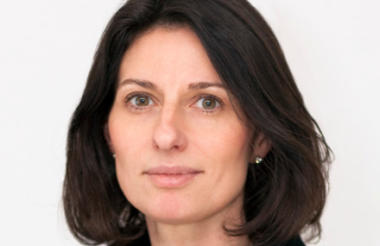Not all charities should be rushing to adopt a digital-by-default approach, the chief executive of Asthma UK told the Charity Technology Conference yesterday.
Kay Boycott was speaking at Civil Society Media’s annual technology conference yesterday about digital leadership. She said she felt there is a “little bit too much talk of digital by default” when actually charities should be focusing on what is best for their beneficiaries.
Around five years ago, Boycott said “having a digital strategy will soon look as ridiculous as having an electricity strategy” which has been often been repeated since, and she says is her “one and only claim to fame on Twitter”.
But she says that this does not mean that all charities should rush in to replace existing support for beneficiaries with digital services.
“Our lives are not full digital,” she said, and urged charities considering digital projects to “be really sure why digital is necessary”, but that “you need to have thought about it”.
For Asthma UK she believes it digital is an “integral part” of its offer but that “it is because our beneficiaries are online that we choose to do so much in the digital space”.
Boycott also said that digital leadership does not mean charities leaders have to be prolific on social media.
“I have no profile online that is not professional – I don’t like it,” she said, and that it was important to be “authentic about how much you want to embrace it”.
‘Be realistic about capability’
Boycott advised other charities to be “realistic about capability” when it comes to digital projects.
She said that it can take a long while and that “some people just don’t want to be convinced”.
It is also important to understand that digital transformation will not happen “by magic”.
She said that Asthma UK does not aim to be at the forefront of “trialling new technology” but that it does “take existing” products and “see if we can stretch them”.
Likening the ‘digital revolution’ to the industrial revolution, which took a long while, she said that she still expects developments in artificial intelligence and big data to take a while to come to the fore and that charities should not be too concerned about being behind.
“If you run too quickly into these things you are just going to make mistakes,” she said.









